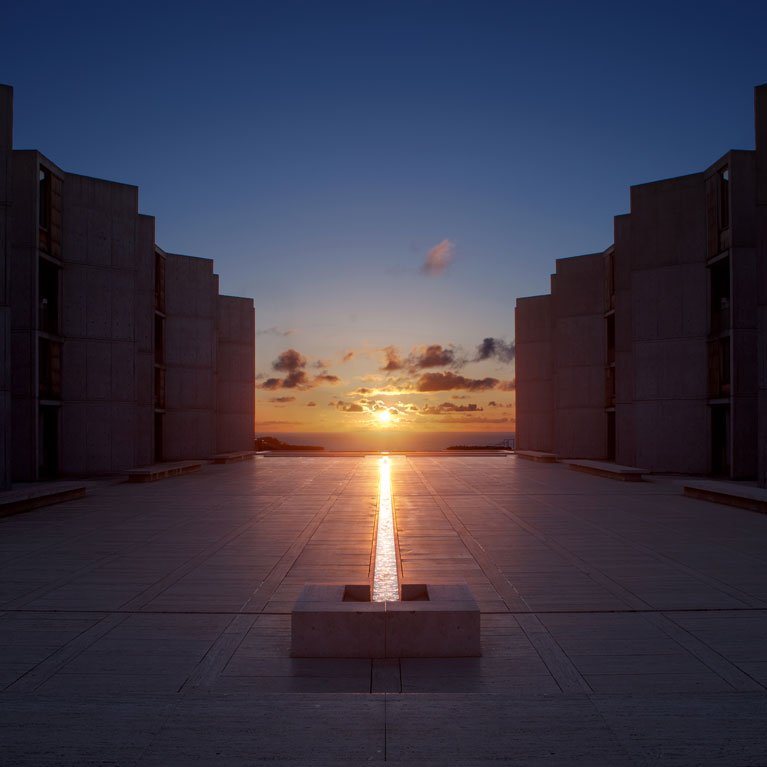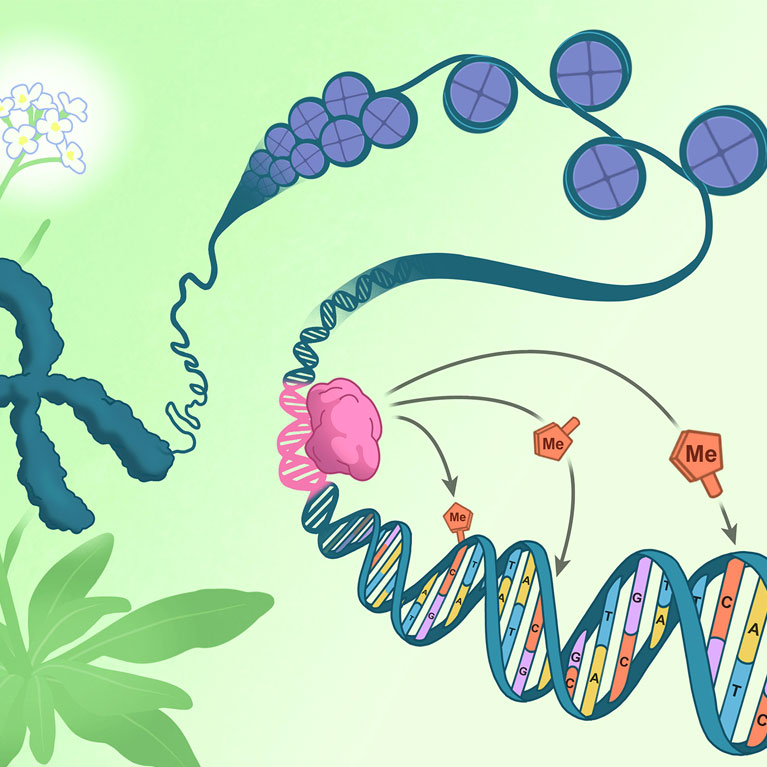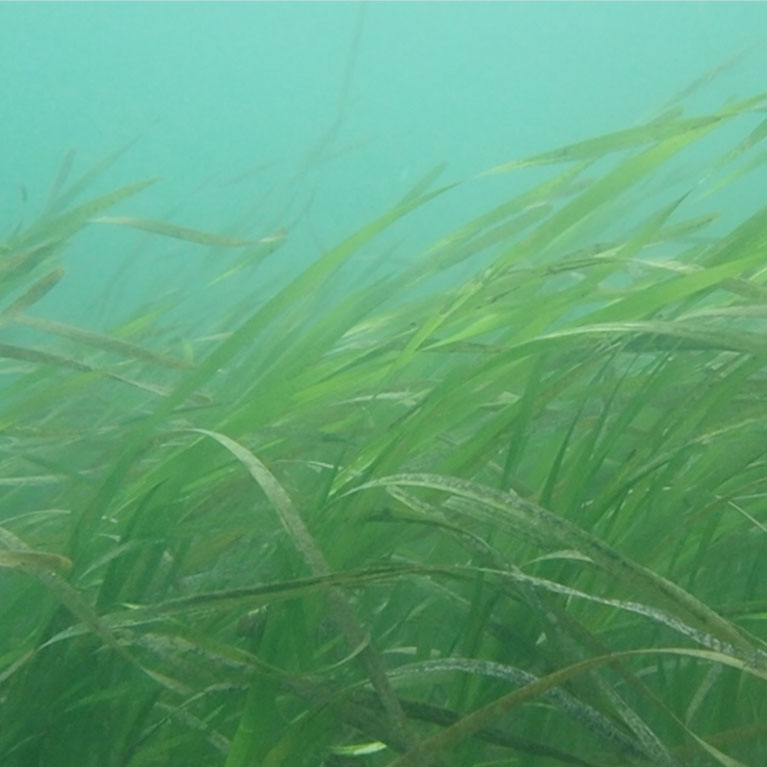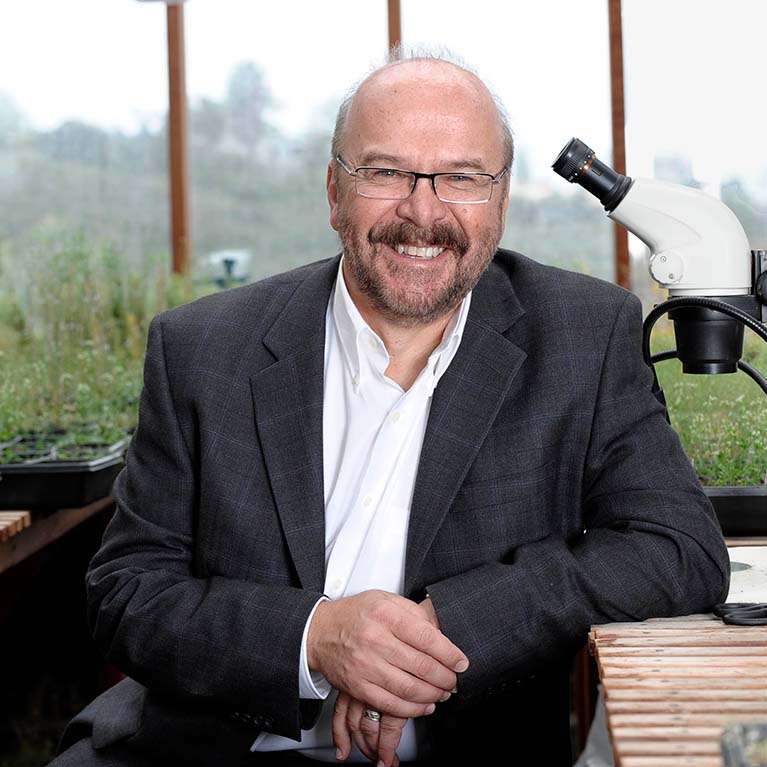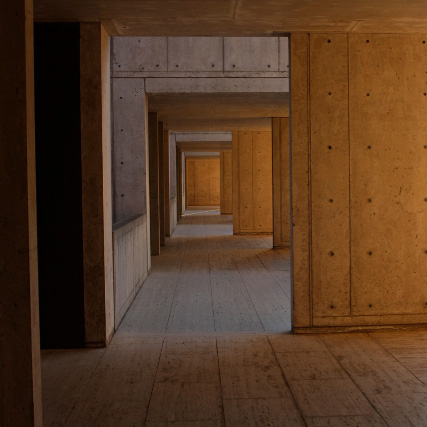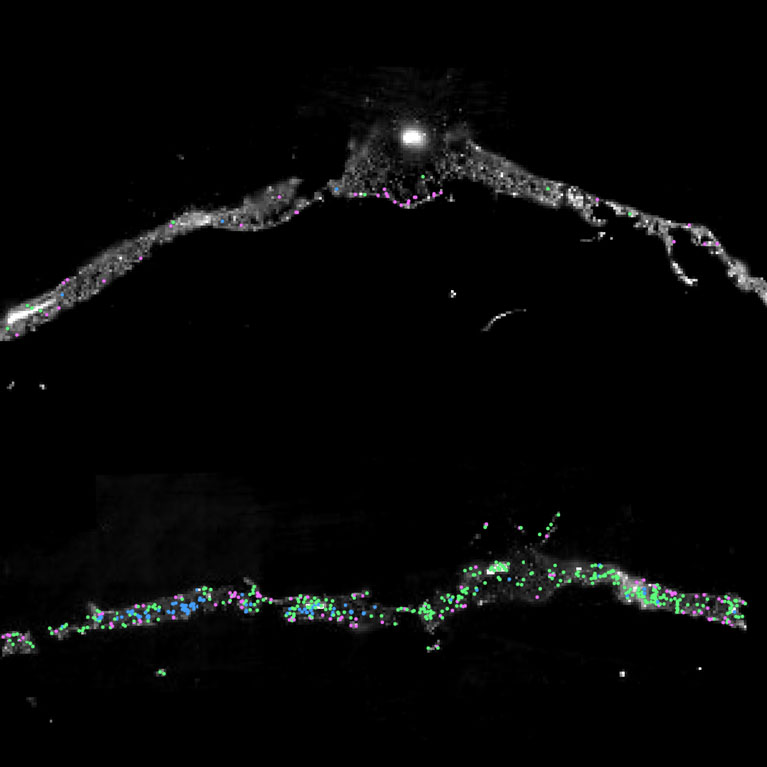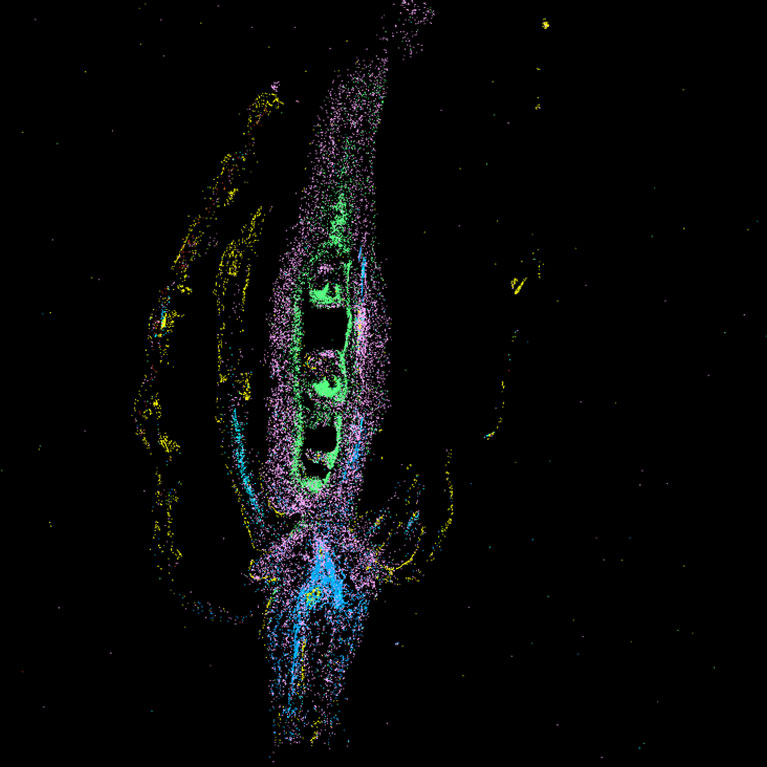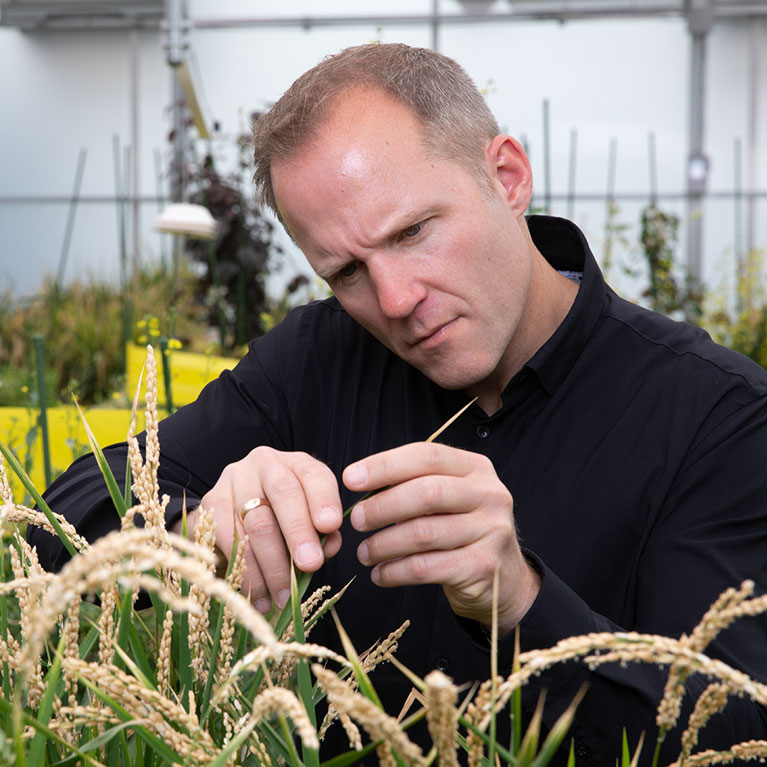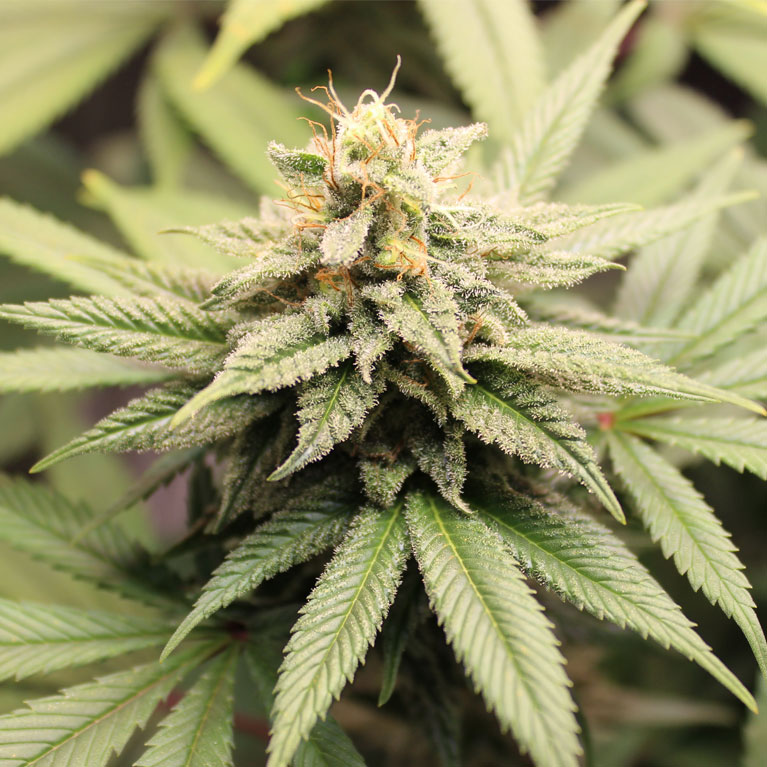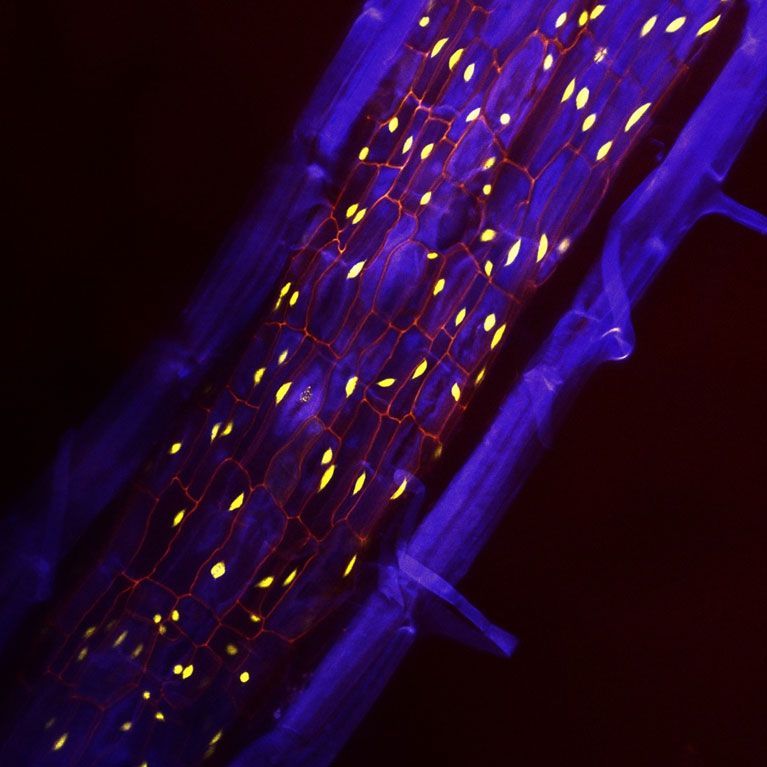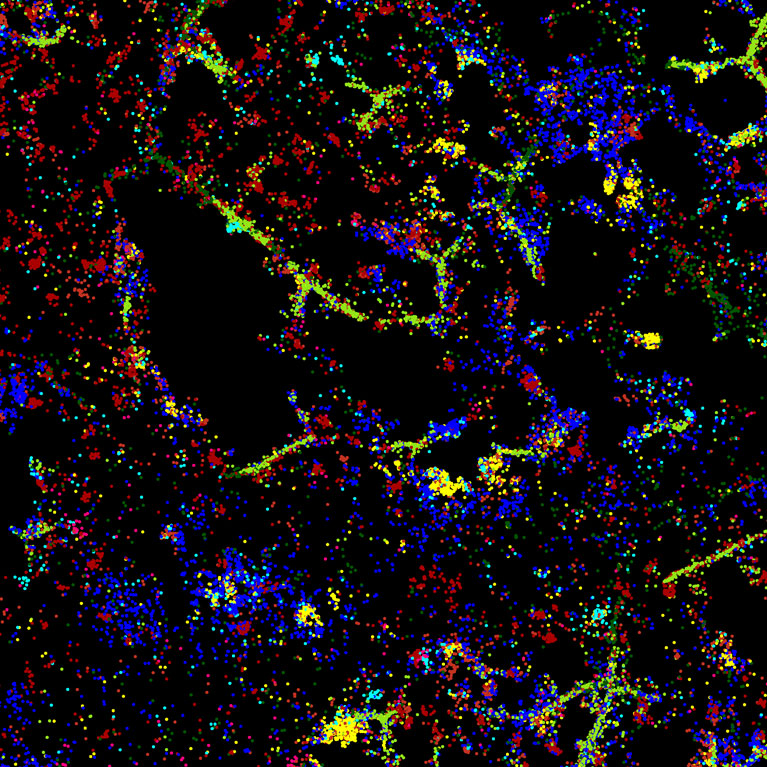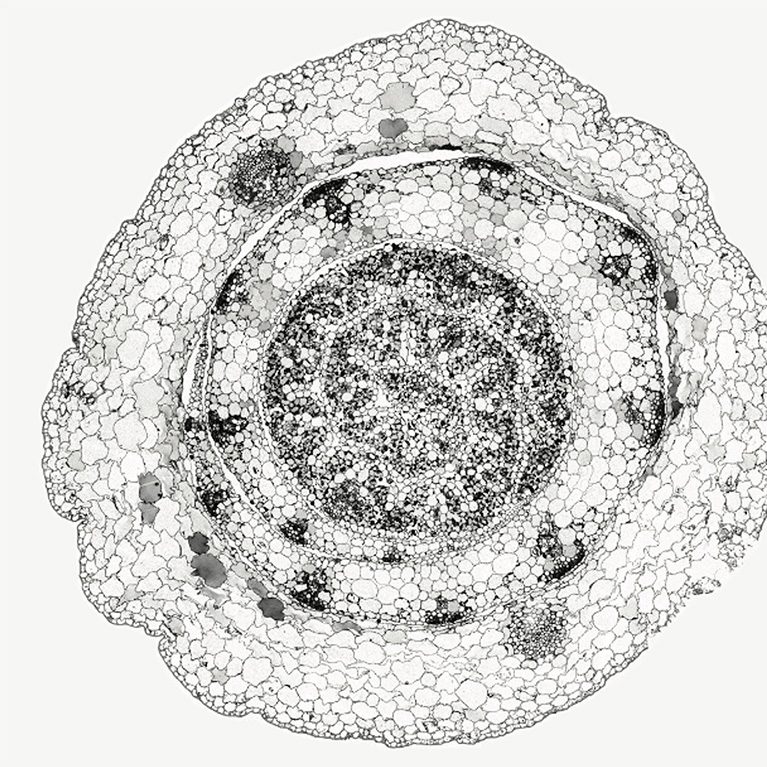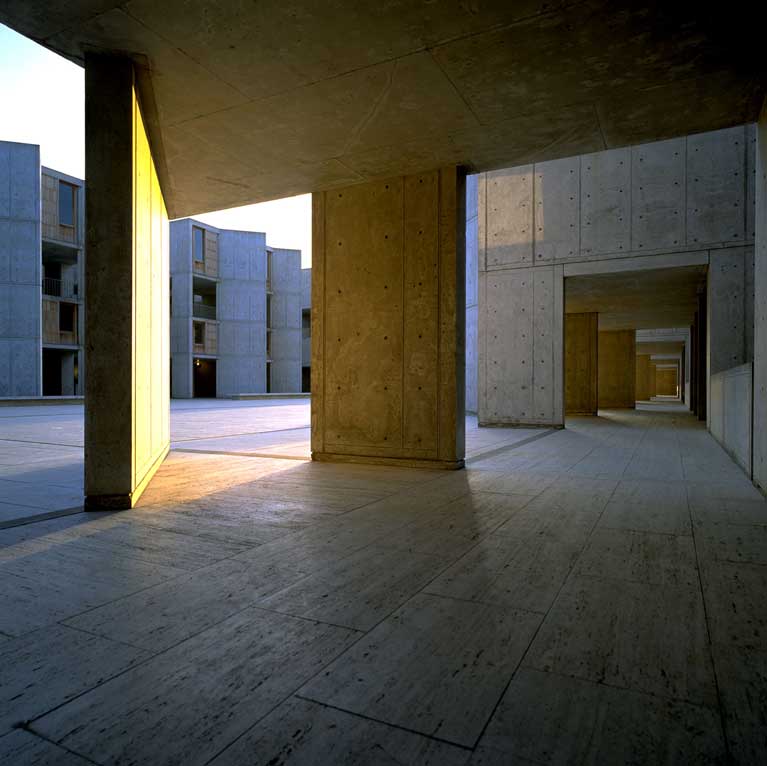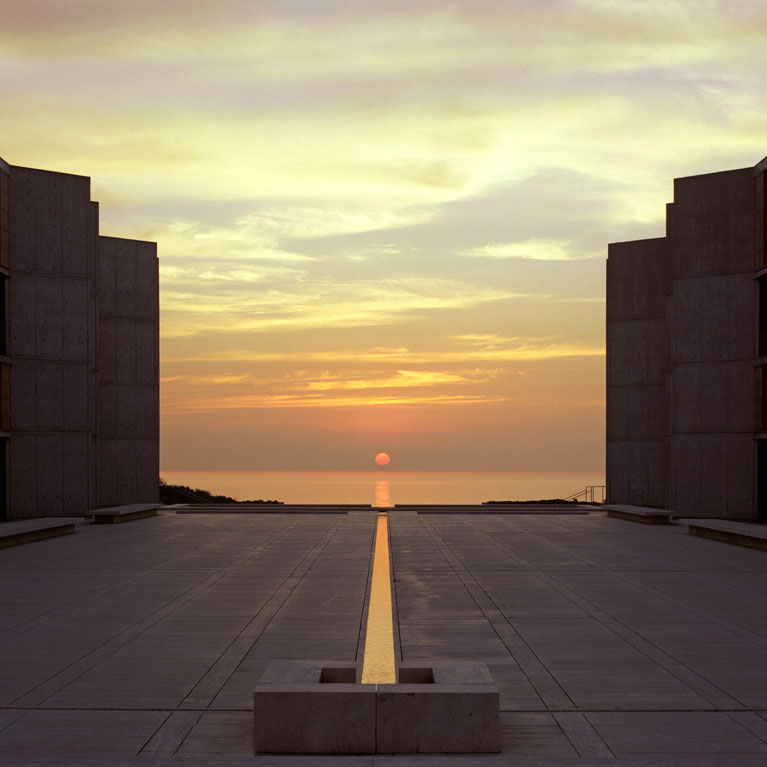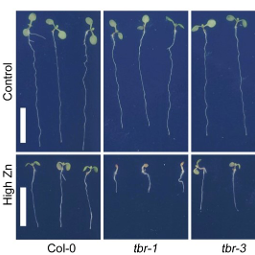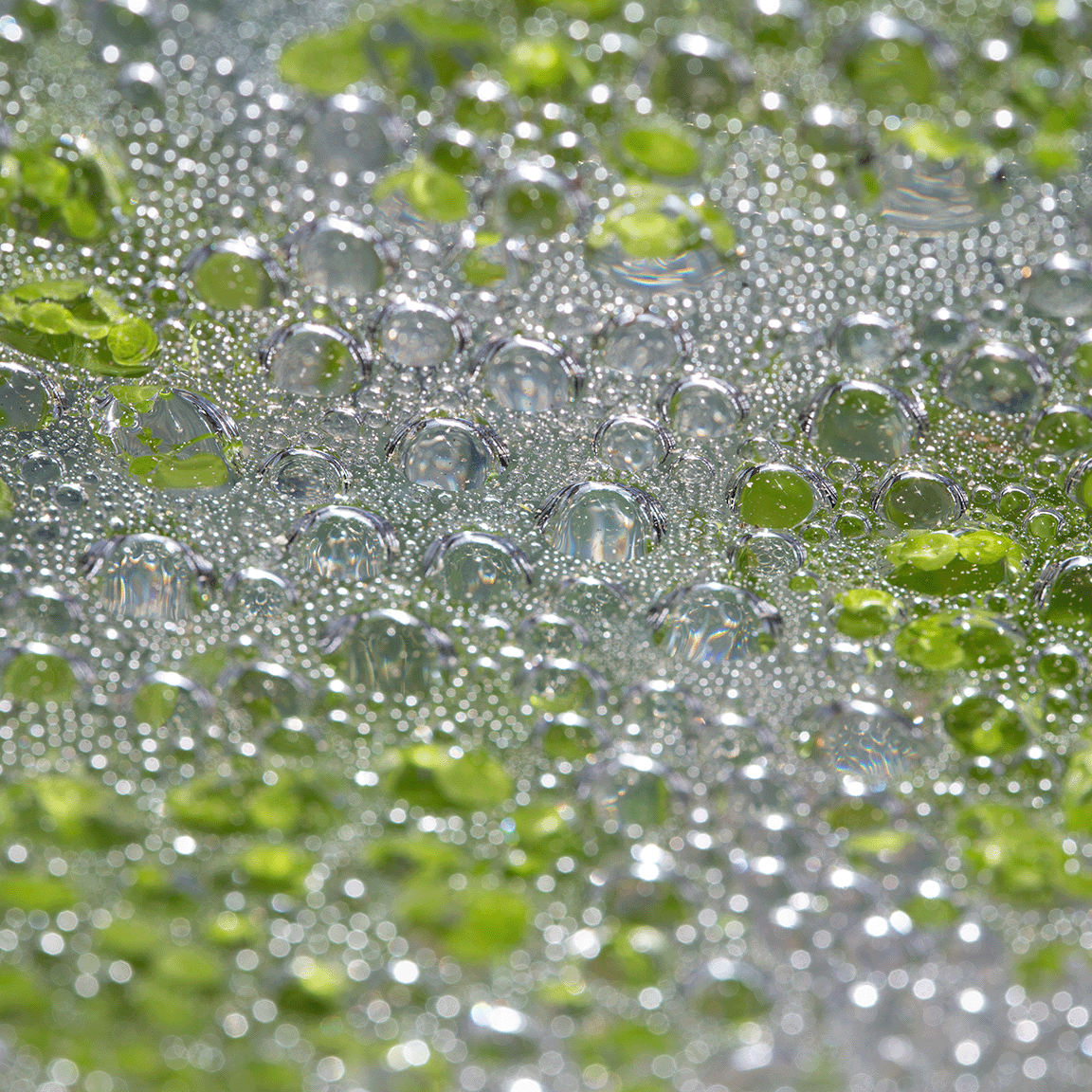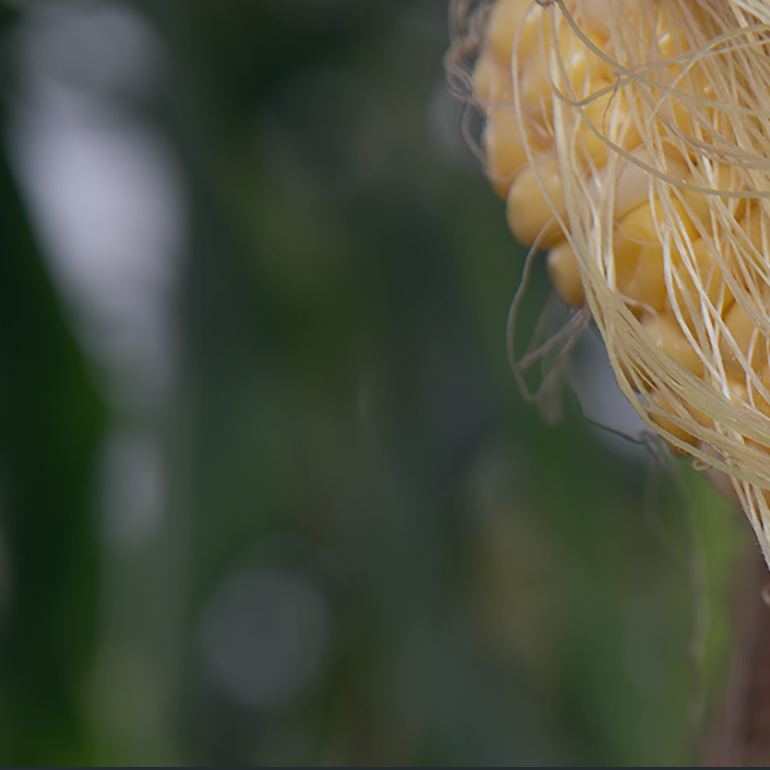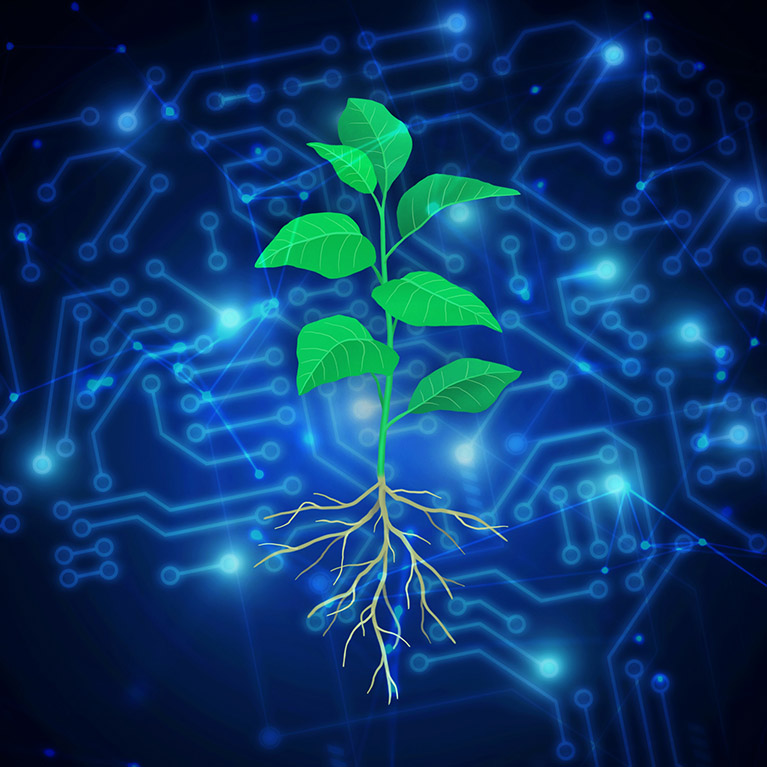News
How do nature and nurture shape our immune cells?
LA JOLLA—The COVID-19 pandemic gave us tremendous perspective on how wildly symptoms and outcomes can vary between patients experiencing the same infection. How can two people infected by the same pathogen have such different responses?
Epigenetic changes regulate gene expression, but what regulates epigenetics?
LA JOLLA—All the cells in an organism have the exact same genetic sequence. What differs across cell types is their epigenetics—meticulously placed chemical tags that influence which genes are expressed in each cell. Mistakes or failures in epigenetic regulation can lead to severe developmental defects in plants and animals alike. This creates a puzzling question: If epigenetic changes regulate our genetics, what is regulating them?
Eight Salk scientists named among the most Highly Cited Researchers in the world
LA JOLLA—Salk faculty members Joseph Ecker, PhD, Ronald Evans, PhD, Rusty Gage, PhD, Christian Metallo, PhD, Satchidananda Panda, PhD, Reuben Shaw, PhD, and Kay Tye, PhD, as well as research assistant Joseph Nery have all been named in this year’s Highly Cited Researchers list by Clarivate. The 2025 list includes 6,868 researchers from 60 countries who have demonstrated “significant and broad influence in their fields of research.”
Genome-informed restoration could save our oceans and coastlines
LA JOLLA—Seagrasses preserve our oceans, offering safe harbor for sea life, calming rough waters, and storing excess carbon dioxide. Dozens of seagrass species protect coastlines around the globe, including the common North American eelgrass, Zostera marina. But these beneficial underwater meadows are under threat from boating, dredging, disease, and extreme weather. Restoration efforts that simply replant more eelgrasses fail around half the time—so, what now?
Salk scientist Joseph Ecker awarded McClintock Prize for Plant Genetics and Genome Studies
LA JOLLA—Joseph Ecker, PhD, has been awarded the 2026 Barbara McClintock Prize for Plant Genetics and Genome Studies from the Maize Genetics Cooperation, a global organization of maize geneticists and breeders. The prize honors “the most outstanding plant scientists working on both genetics and genomics in the present era.” It is named after distinguished plant biologist Barbara McClintock, whose work in maize genetics earned her the 1983 Nobel Prize in Physiology or Medicine.
Can a healthy gut microbiome help prevent childhood stunting?
LA JOLLA — Malnutrition is responsible for more than half of all deaths in children under the age of five worldwide. Those who survive can still experience lifelong consequences like cognitive and developmental delays, impaired academic performance, economic instability, and negative maternal health outcomes. This enormous public health issue demands solutions. The latest studies point to gut microbiome—the diverse bacteria, viruses, and other microbes living in our intestines—as a great place to start.
All DRII-ed up: How do plants recover after drought?
LA JOLLA—A plant’s number one priority is to grow—a feat that demands sunlight, nutrients, and water. If just one of these three inputs is missing, like water in a drought, growth halts. You might then think that at the end of that drought, the plant would jump right back into growing. Instead, its priorities shift.
Scientists debut a new foundational atlas of the plant life cycle
LA JOLLA—Nearly everything you know about plants was first discovered in a plant you’ve likely never heard of. Arabidopsis thaliana, also known as thale cress, is a small, flowering weed that has shaped much of plant biology as we know it. Serving as the representative plant species in most plant research across the last half century, Arabidopsis has taught us how plants respond to light, which hormones control plant behavior, and why some plants grow long, deep roots while others grow them shallow and wide. But despite its beloved reputation among plant biologists worldwide, many elements of the Arabidopsis life cycle have remained a mystery.
Salk Professor Wolfgang Busch receives NOMIS Distinguished Scientist and Scholar Award
LA JOLLA—Salk Institute Professor Wolfgang Busch, director of the Harnessing Plants Initiative and Hess Chair in Plant Science at Salk, has received a 2025 NOMIS Distinguished Scientist and Scholar Award. The NOMIS Foundation bestows this honor to “exceptional scientists and scholars whose innovative ideas and approaches involve interdisciplinary collaboration and apply a broad range of methods, building bridges across the boundaries of the sciences and humanities.”
Cannabis pangenome reveals potential for medicinal and industrial use
LA JOLLA—Cannabis has been a globally important crop for millennia. While best known today as marijuana for its psychoactive cannabinoid THC (tetrahydrocannabinol), historically, cannabis has been a cornerstone of human civilization, providing seed oil, textiles, and food for more than 10,000 years. Today, cannabis remains an understudied and underutilized resource, but United States legislation passed in 2014 and 2018 have re-energized cannabis crop development for medicinal, grain, and fiber applications.
Two-in-one root armor protects plants from environmental stressors and fights climate change
LA JOLLA—Plants may burrow into the ground and stretch toward the sun, but they’re ultimately stuck where they sprout—at the mercy of environmental threats like temperature, drought, and microbial infection. To compensate for their inability to up and move when danger strikes, many plants have evolved ways to protect themselves by altering their physiology, such as building armor around parts of their body and roots called the periderm. However, since many plant biologists who study tissue development look at young plants, later-in-life periderm development has remained relatively unexplored.
Plant cells gain immune capabilities when it’s time to fight disease
LA JOLLA—Human bodies defend themselves using a diverse population of immune cells that circulate from one organ to another, responding to everything from cuts to colds to cancer. But plants don’t have this luxury. Because plant cells are immobile, each individual cell is forced to manage its own immunity in addition to its many other responsibilities, like turning sunlight into energy or using that energy to grow. How these multitasking cells accomplish it all—detecting threats, communicating those threats, and responding effectively—has remained unclear.
Superior photosynthesis abilities of some plants could hold key to climate-resilient crops
LA JOLLA—More than 3 billion years ago, on an Earth entirely covered with water, photosynthesis first evolved in little ancient bacteria. In the following many millions of years, those bacteria evolved into plants, optimizing themselves along the way for various environmental changes. This evolution was punctuated around 30 million years ago with the emergence of a newer, better way to photosynthesize. While plants like rice continued using an old form of photosynthesis known as C3, others like corn and sorghum developed a newer and more efficient version called C4.
Seven Salk scientists named among most highly cited researchers in the world
LA JOLLA—Salk Professors Joseph Ecker, Ronald Evans, Rusty Gage, Satchidananda Panda, Reuben Shaw, and Kay Tye, as well as research assistant Joseph Nery, have all been named to the Highly Cited Researchers list by Clarivate. The 2024 list includes 6,636 researchers from 59 countries who have demonstrated “significant and broad influence in their fields of research,” as reflected by their publication of multiple papers over the past decade that rank in the top 1% by citations for their fields.
Joanne Chory, Salk Institute professor and pioneering plant biologist, dies at age 69
LA JOLLA—Salk Professor Joanne Chory, one of the world’s preeminent plant biologists who led the charge to mitigate climate change with plant-based solutions, died on November 12, 2024, at the age of 69 due to complications from Parkinson’s disease. She was diagnosed with Parkinson’s in 2004 and, despite the challenges, continued to lead her research team until the time of her death.
Scientists create first map of DNA modification in the developing human brain
LA JOLLA—A new study has provided an unprecedented look at how gene regulation evolves during human brain development, showing how the 3D structure of chromatin—DNA and proteins—plays a critical role. This work offers new insights into how early brain development shapes lifelong mental health.
Study reveals key gene protecting plants from harmful metals in soil
LA JOLLA—The negative impact of human activity on Earth doesn’t just affect our planet’s atmosphere—it goes much deeper, into its soils. For instance, excessive application of manure or sewage sludge can increase heavy metal concentrations in agricultural land where vital crops are grown. One of these heavy metals is zinc, a micronutrient necessary for plant and animal health. In excess, however, zinc can be extremely damaging to sensitive plant species.
Salk Professor Joanne Chory named 2024 Wolf Prize Laureate in Agriculture
LA JOLLA—Salk Institute Professor Joanne Chory has been selected by the Wolf Foundation to receive a 2024 Wolf Prize in the field of agriculture for her “key discoveries on plant developmental biology of relevance for crop improvements.” The award is endowed annually to scientists and artists worldwide for their “outstanding achievements in advancing science and the arts for the betterment of humanity.”
Key nutrients help plants beat the heat
LA JOLLA—Global temperatures are on the rise, with experts projecting an increase of 2.7°F by 2050. Because plants cannot regulate their own temperatures, they are especially sensitive to these temperature changes. In higher temperatures, plants instruct their root systems to grow faster, creating long roots that stretch through the soil to absorb more water and nutrients. While this response may help the plants in the short term, new research suggests it’s both unsustainable for the plants and potentially harmful for humans in the long term.
Artificial intelligence helps scientists engineer plants to fight climate change
LA JOLLA—The Intergovernmental Panel on Climate Change (IPCC) declared that removing carbon from the atmosphere is now essential to fighting climate change and limiting global temperature rise. To support these efforts, Salk scientists are harnessing plants’ natural ability to draw carbon dioxide out of the air by optimizing their root systems to store more carbon for a longer period of time.
